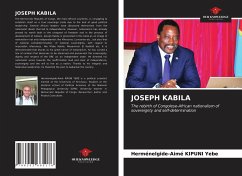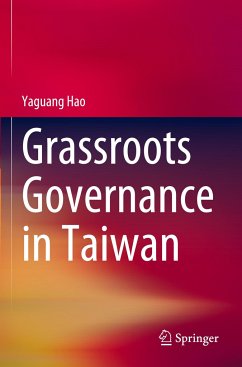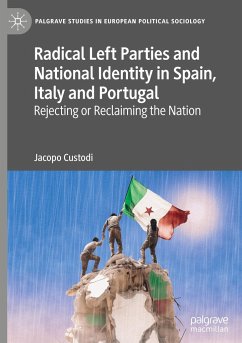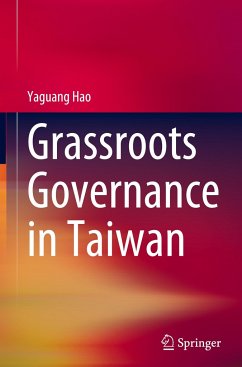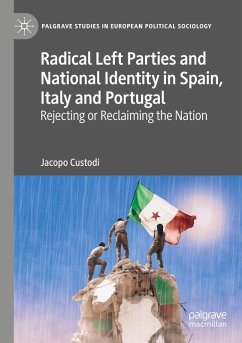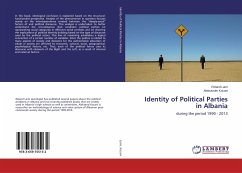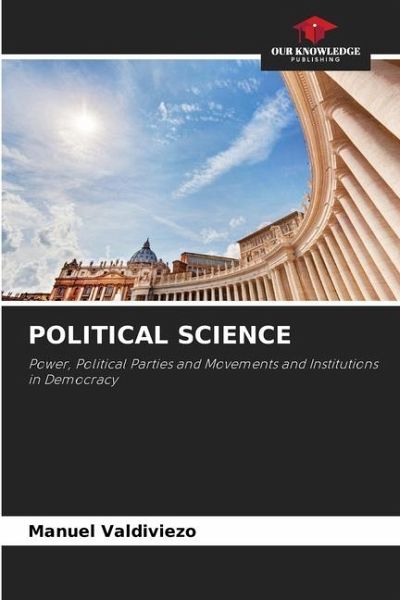
POLITICAL SCIENCE
Power, Political Parties and Movements and Institutions in Democracy
Versandkostenfrei!
Versandfertig in 6-10 Tagen
27,99 €
inkl. MwSt.

PAYBACK Punkte
14 °P sammeln!
Addressing the issues of power, parties, political movements, institutions and democracy from the perspective of political science allows us to reflect on and interpret the nature of the confrontation between the actors participating in electoral processes, based on a system of democratic codes and scenarios and the promotion of citizen participation, which, in addition to being legal, needs to be based on the principle of legitimacy. For the organisation of the democratic exercise of power, which is the power of the state, is not enough with the legal-parliamentary procedure and the scrutinis...
Addressing the issues of power, parties, political movements, institutions and democracy from the perspective of political science allows us to reflect on and interpret the nature of the confrontation between the actors participating in electoral processes, based on a system of democratic codes and scenarios and the promotion of citizen participation, which, in addition to being legal, needs to be based on the principle of legitimacy. For the organisation of the democratic exercise of power, which is the power of the state, is not enough with the legal-parliamentary procedure and the scrutinised results; citizens must exercise their rights in the validation of the roles and political actors that are elected. From this projective position, the question is: What repercussions are generated by the asymmetries between legality and legitimacy derived from the confrontation in the conquest of political power for the subsequent fulfilment of the functions of popular representation? Thisbook is therefore a tool to support academic research and epistemological debate on the relationship between the state - leaders - rulers.



